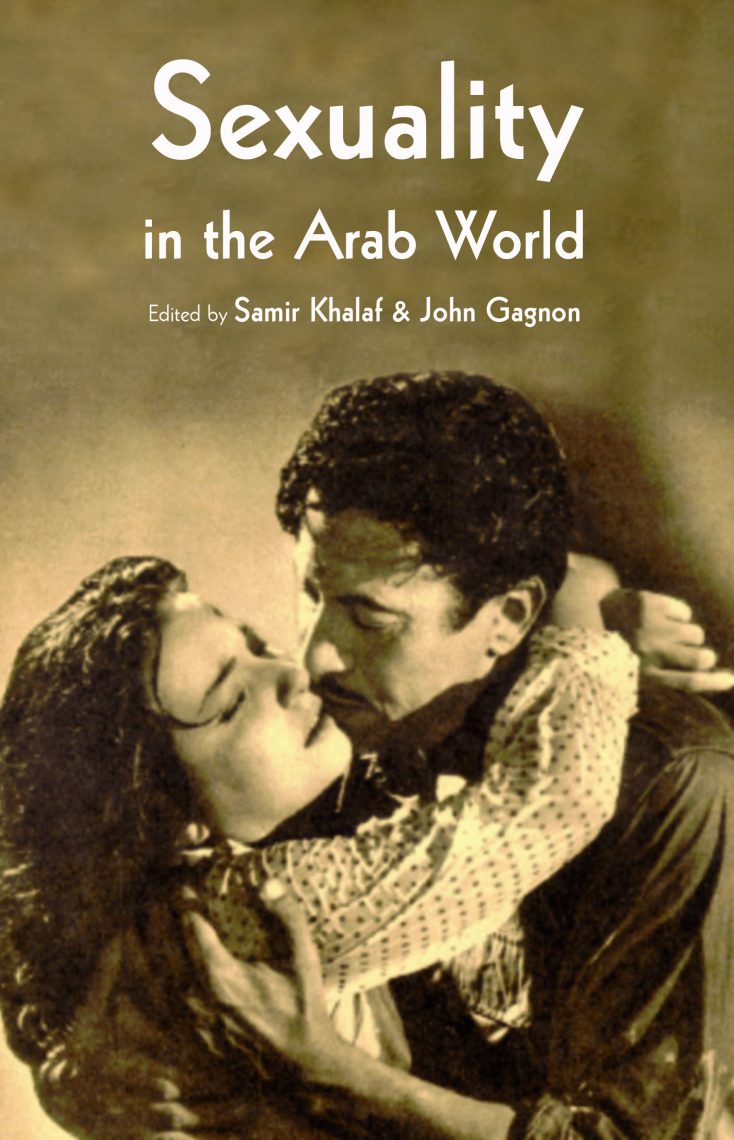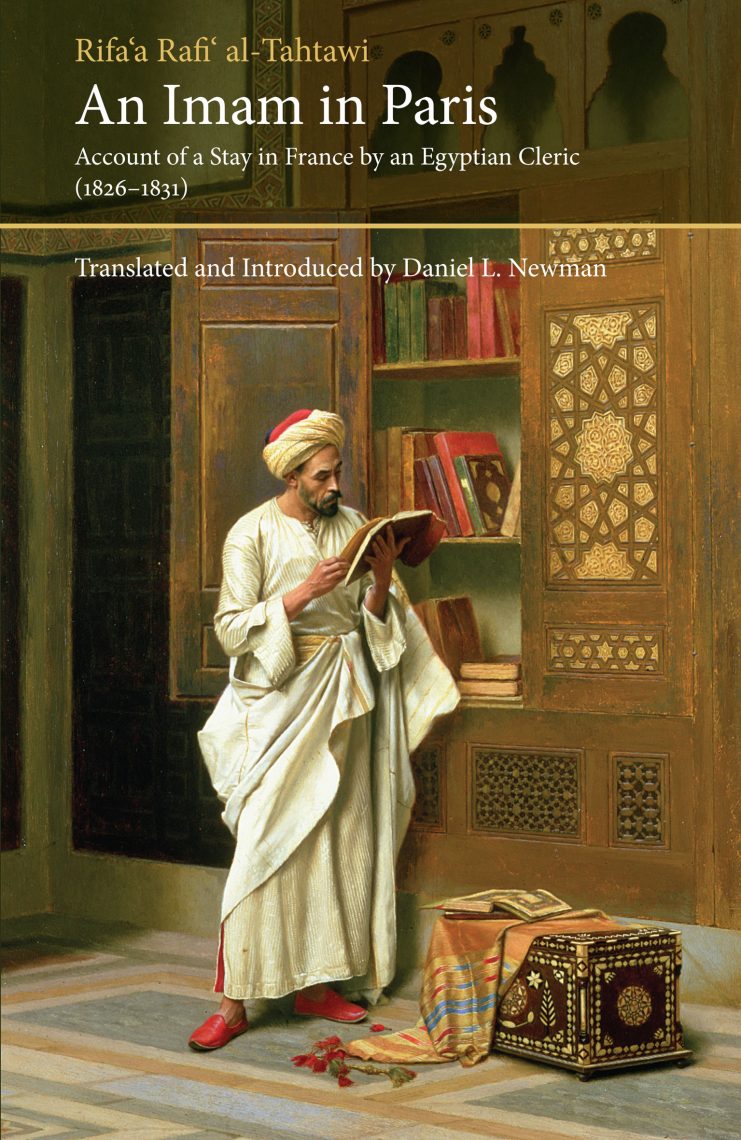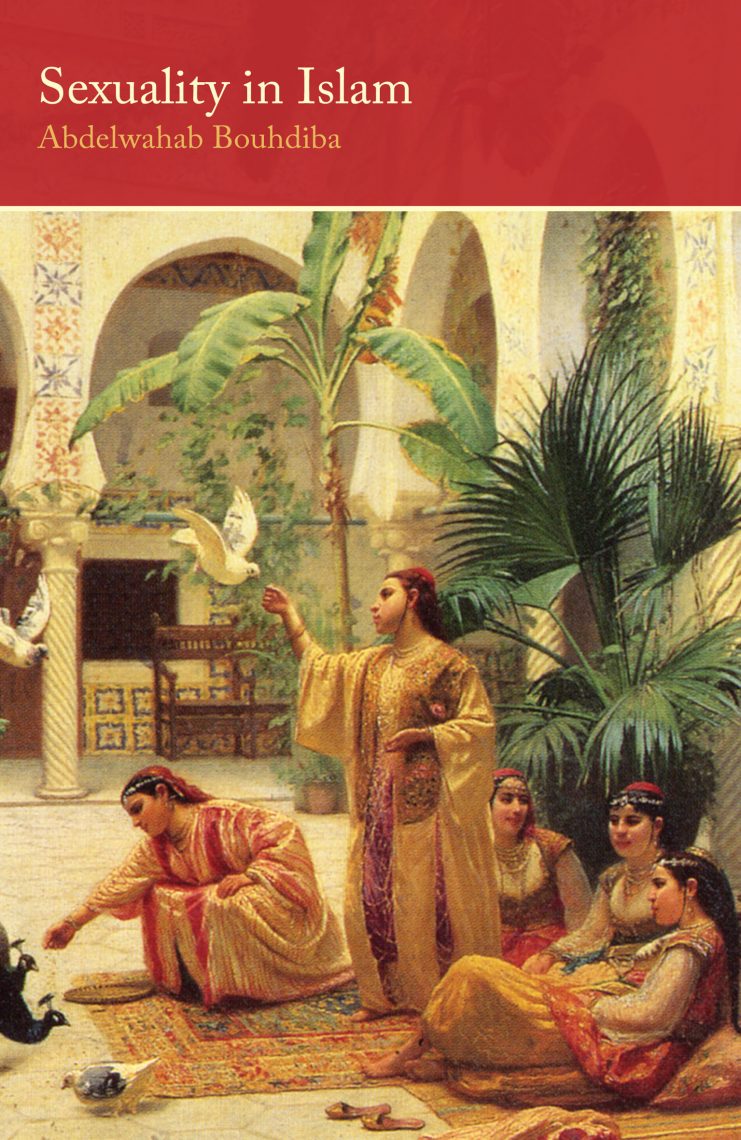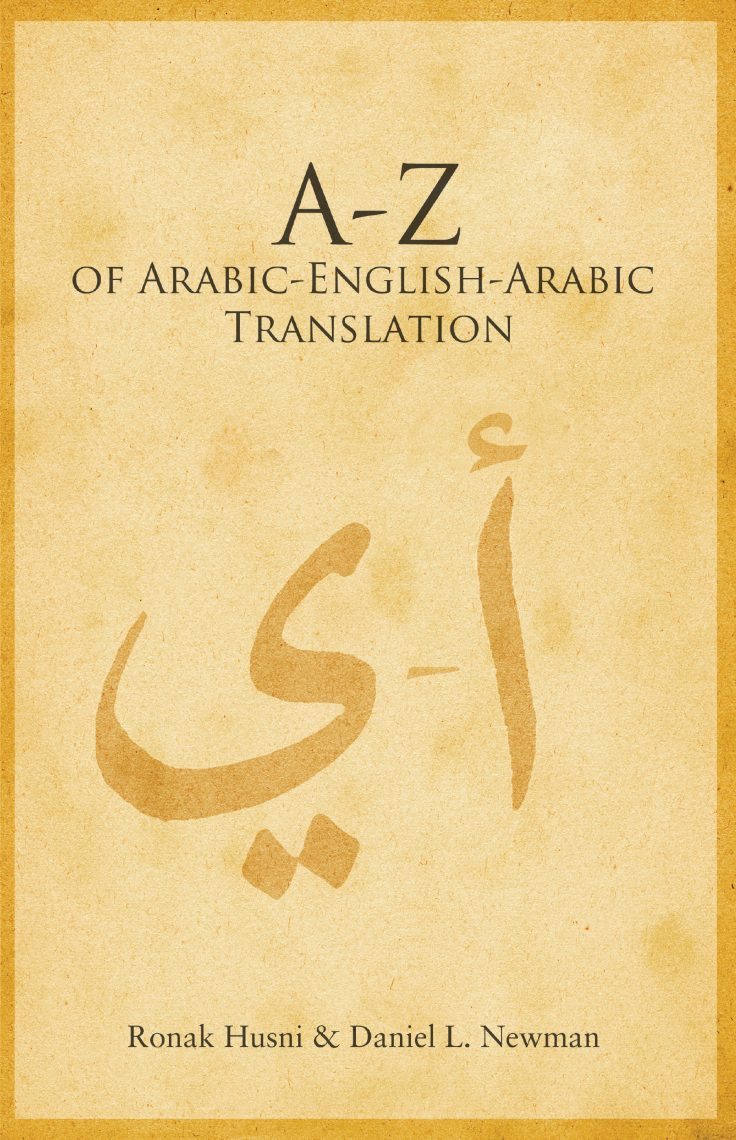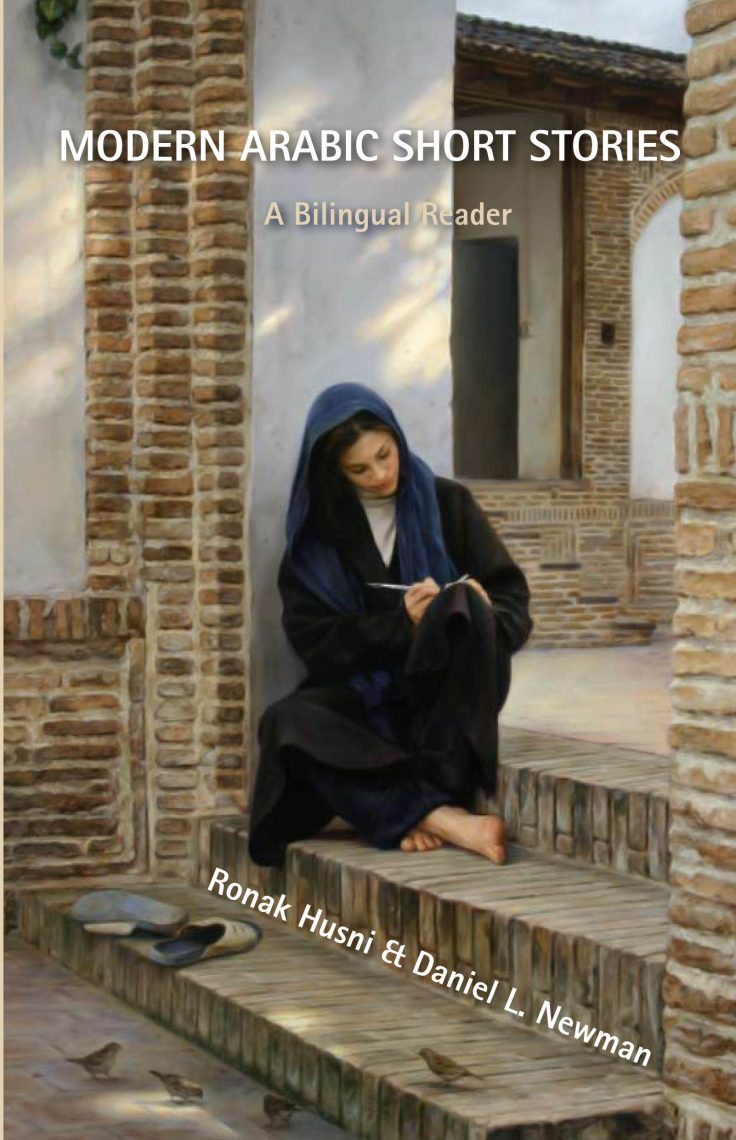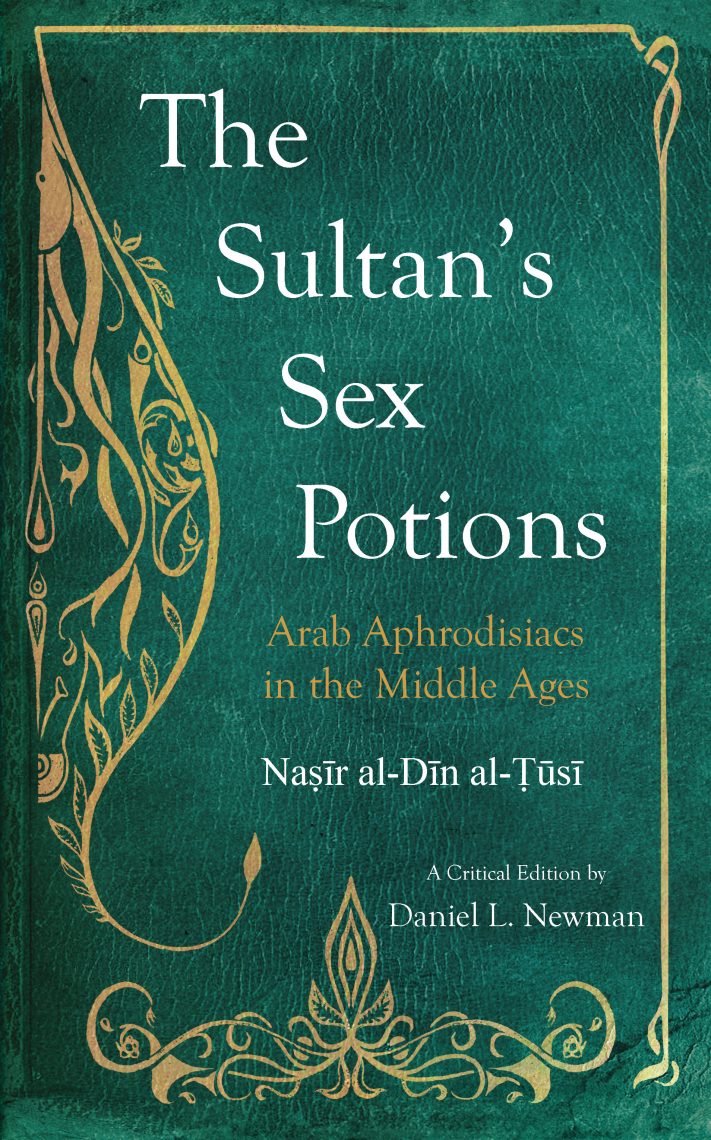
The Sultan’s Sex Potions
Arab Aphrodisiacs in the Middle Ages
£17.99
Out of stock
About the Book
Arabic erotic literature has a long and rich history, which goes back as far as the ninth century. Far from being the pursuit of prurient pornographers, eroticism and sexuality received considerable attention from scholars.
The Sultan’s Sex Potions was written by Naṣīr al-Dīn al-Ṭūsī (1201–1274), one of the leading scientists of the age, and is part of a group of works devoted to aphrodisiacs as well as sexual practices and positions. Sober and measured in tone, the treatise was intended as a manual and guide, to be used by those afflicted with various sexual ailments, especially impotence, for self-healing, without resorting to a physician. It was composed at the request of the ruler and so its potions, electuaries, syrups and enemas enjoyed a ‘royal warrant of appointment’ to arouse the lust for coitus and enhance sexual potency.
This volume includes a critical edition of three Arabic manuscripts (Berlin, Cairo and Glasgow), accompanied by an English translation as well as an introduction to Arabic erotic literature, a biography of the author, a bibliography of erotological works and extensive indexes.
About the Author
Daniel L. Newman holds the Chair of Arabic Studies at the University of Durham, UK. His publications include An Imam in Paris: Account of a Stay in France by An Egyptian Cleric (1826–1831), The Sultan’s Sex Potions: Arab Aphrodisiacs in the Middle Ages, The Sultan’s Feast: A Fifteenth-Century Egyptian Cookbook and The Exile’s Cookbook: Medieval Gastronomic Treasures from al-Andalus and North Africa. In addition to his academic work, Newman shares his passion for recreating medieval Arab dishes on his blog (www.eatlikeasultan.com) and Instagram account (@medieval_arab_cooking).
A Persian polymath, Naṣīr al-Dīn al-Ṭūsī produced an oeuvre in excess of 150 works in both Arabic and Persian, covering a large number of fields including mathematics, geometry, mineralogy, astronomy, medicine, philosophy and theology. He also re-edited and wrote commentaries on Greek and Arabic mathematical works, which became crucial resources in the spread of the Greek sciences in the Muslim world. The historian Ibn Khaldun (1332–1406) considered al-Ṭūsī to be the greatest of Muslim scholars.
